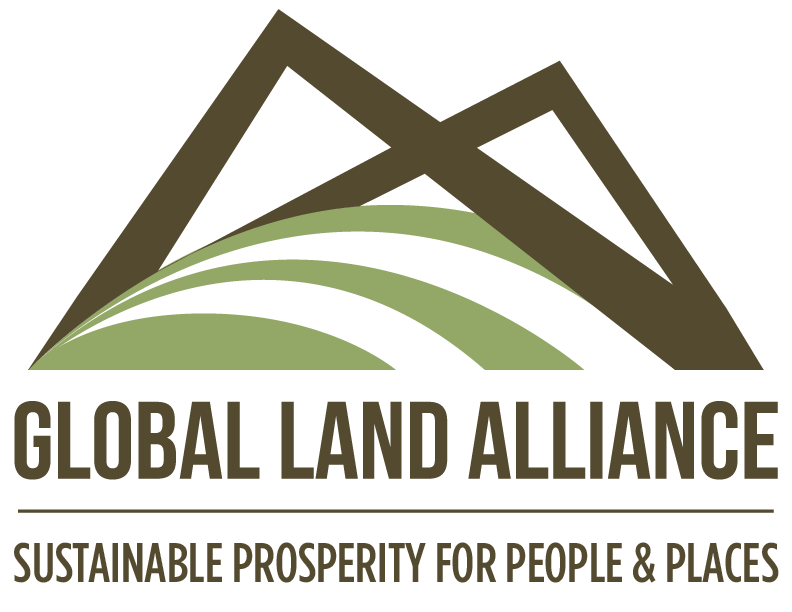Left-Out? Risk to Informal Wives from Proactive Land Tenure Formalization and Titling Campaigns
Abstract for Presentation accepted for the 2020 World Bank Conference on Land and Poverty
By: Victor Endo and Kevin Barthel, Global Land Alliance; Jennifer Duncan and Karol Boudreaux, Landesa
As governments, donors and non-governmental organizations focus more attention and resources on the recognition, formalization and subsequent implementation of women’s land rights within proactive land tenure formalization campaigns, numerous country-based and programmatic successes have been achieved. Research has shown that formalization of women’s land rights leads not only to individual empowerment and social acceptance, but also to improvements in family food security, family nutrition and farm and non-farmed-based livelihood advances. Nevertheless, comprehensive advancement remains slow primarily due to a general lack of institutional attention, will and accountability in the implementation of statutory systems and laws, women’s lack of knowledge of their roles, rights and responsibilities as related to land tenure and formal property rights, lack of dedicated legal services to address women’s land tenure, as well as matrimonial and inheritance issues and finally generalized discriminatory social norms and practices in countries and within geographic regions of countries.
Moreover, where there is success, these efforts typically relate to the traditional situation of a formally married couple as is commonly characterized and ‘counted’ for project metric and evaluation purposes: joint titling with names of husband and wife appearing together on a formally registered land title. Importantly, this traditional situation does not always describe the true social and personal dynamic in the rural countryside of many countries throughout the world. In many countries long-term, spousal-like relationships are conducted in fact outside of formal marriage institutions, and these trends appear to be growing. While some countries do not recognize the rights of partners in informal unions at all, others have recognized informal unions – typically marked by a certain number of years together and other qualifying factors (which in some cases include that neither partner is in another formally recognized marriage) as a legitimate form of marriage, and still others countries have recognized the property rights of partners living in informal unions even if these are not formally recognized as marriages.
Regardless of which approach a country takes in relation to property rights of partners in informal unions, in the context of land rights recognition and formalization, women involved in informal unions are often effectively ‘invisible’ and as an unintended result, an informal wife stands a high chance of being systematically left-out of the benefits of formalization. This may be true even when the government legally recognizes the property rights of informal partners/spouses: the challenge in this case is that these marriage-like relationships are not formally registered or recorded, so proactive land formalization and titling processes often ‘miss’ informal spouses and provide recognition only to male heads of household. In turn, an informal wife may face higher levels of tenure insecurity as a result of a process which is specifically intended to clarify and formalize property rights. The paradox is that she and her children were in many cases better protected by customary practices before the formalization and titling process took effect. The risk and the long-term socio-economic implications to these informal spouses and the children of these informal unions are shared in many countries and cultural contexts around the world yet it has not received sufficient attention in the global land tenure community.
Adding to the complexity of this issue is that informal wives may already be among the most marginalized of social groups in the community, given some evidence linking informal marriages with child marriages, marriages of very young women and women who lack a father and an intact inheritance structure in their birth families. Because formalization and land titling campaigns are intended to legally secure rights for the long-term, the government agencies and donor organizations run the risk of unintentionally further marginalizing an already vulnerable population, with potentially negative inter-generational, government and donor credibility effects.
This paper will present: (i) the land tenure and property rights issue of informal wives; (ii) the unique social and communication challenges of identifying these individuals and ensuring their inclusion in typical community awareness and consultation campaigns; and (iii) the legal, social, personal and oftentimes religious challenges of addressing their rights and the rights of children born into informal unions during the implementation of proactive land tenure formalization and titling campaigns. Recent evidence related to this issue, the challenges and consequences and possible solutions from tenure formalization activities in rural areas of the Dominican Republic will be presented and compared with similar situations in African countries. The authors address this issue by exploring their combined experience in gender-based land tenure research with operational experience in community pubic consultation and design and oversight of land tenure formalization campaigns throughout the world. While we acknowledge that this issue is not easy to tackle, we recognize failure to recognize and address it could create even greater risks. At the very least, these risks to women and their children deserve further investigation and engagement by the global land tenure community and the donor organizations.




